How are key African mining sectors driving (or ignoring) the pursuit of local content? We explore how they are progressing below.
For a few years now many of our remote African mining clients have been reporting that they are focused on local content. So what is local content, and how has the pursuit of ‘best practice’ local content strategy been unfolding across Africa?
The simple definition for local content is that it’s a strategy to source items from local suppliers wherever possible. It came about because of the long-held perception that mining companies were mostly procuring their goods abroad, denying local suppliers of business to boost local economic development.
Moving towards local content has clear socio-economic benefits such as aiding regeneration, improving local skills and reducing unemployment. It can also help to support environmental initiatives such as reducing pollution and carbon emissions by reducing mileage. Sounds like a win-win doesn’t it?
Well, unfortunately there are some big challenges, and they can’t be ignored. Local sourcing is important but it’s not always the easiest option. A shortage of skilled people, quality products, social unrest and financial constraints are just some of the issues that can arise. Often, the use of a local supplier is simply adding an extra point into the supply chain, without adding any value. This is because typically manufacturing is still taking place abroad for many products.
For example, a mining company makes a commitment to buy uniforms from a local supplier. Previously they were probably purchasing from a large global distributor who was able to receive the items direct from the factory. So, the local supplier will most likely be buying from that same global distributor. So an extra step, an extra margin and the added risk that the local supplier may not be equipped to hold enough stock locally.
So, for miners operating in Africa, the big challenge is to assess how they can drive the most value from using local suppliers in their supply chain, while maintaining high levels of quality assurance. AngloAmerican has shown how they seek to tackle this challenge in this overview.
So how has Africa been responding?
Well in Ghana the Chamber of Mines announced the launch of an online portal helping them to enhance the implementation of their local content regulations. Ghana seems to be a front runner for local content with the president of the Chamber of Mines confirming that, “in 2015, the mining industry achieved about 73 per cent of its planned local purchases per the local content regulations.”
In South Africa, it has been the biggest mining players leading the charge, like Anglo American who launched a small business initiative.
In Zambia, the government has revealed plans to come up with a local content strategy aimed at encouraging mining firms to buy equipment and other supplies from local firms. It was stated that the entity who holds shares on all mining firms on behalf of the government only spent 4% of US2.8 billion procurement spend locally.
In Sierra Leone, this month John Sisay, former Chief Executive Officer of Sierra Rutile and presidential hopeful of the All Peoples Congress (APC), confirmed his position as a champion of the local content policy. The local content policy in Sierra Leone was passed into law in March 2016 and is designed to address the rate of unemployment, giving way to sierra Leoneans to take the front role in business in the country.
By contrast, Nigeria’s efforts are hindered by the insufficient capacity of local suppliers to meet targets and the unavailability of skills. Tanzania also suffers from decades of bad policies and dubious mining contracts so the government has some way to go according to the latest analysis.
This is just a handful of the African countries where mining is a dominant feature, but it’s clear that progress is still somewhat ‘hit-and-miss’ across these. It will be interesting to take another look in a few more years to assess how much further they have come.
At Winchester Supply we are fortunate to be working alongside companies and partners who are committed to local content. We have seen some great results from our local partners in Ghana who have been supplying our BROQ workwear to local miners. Get in touch to learn more.


